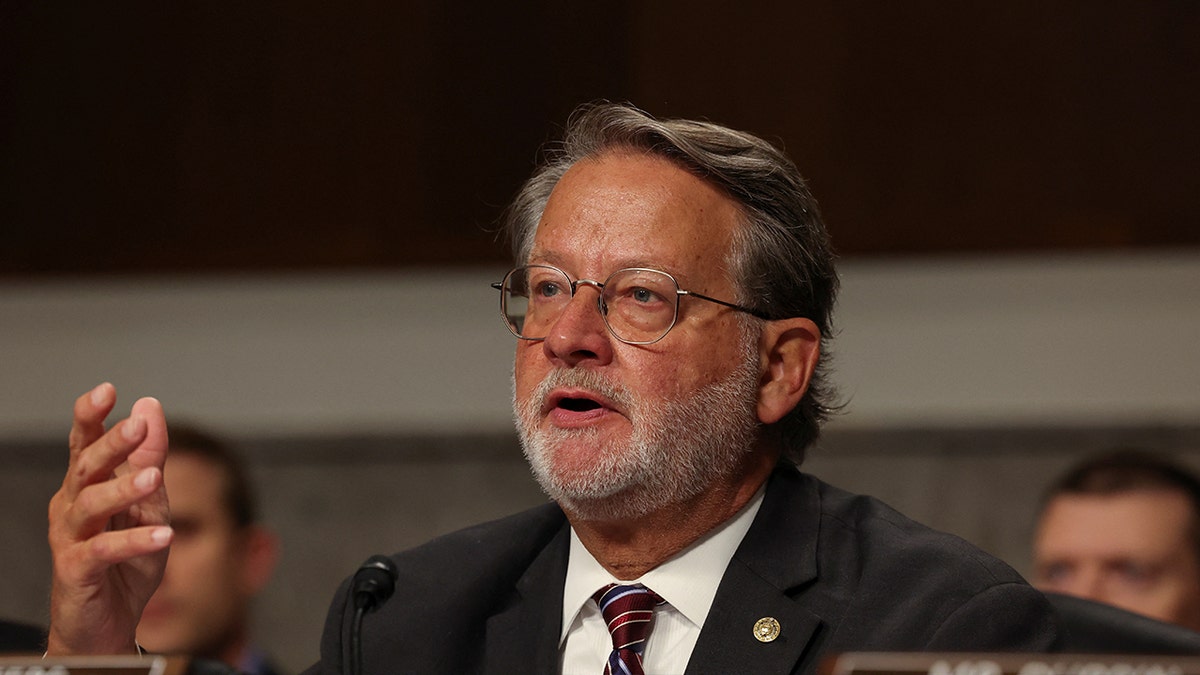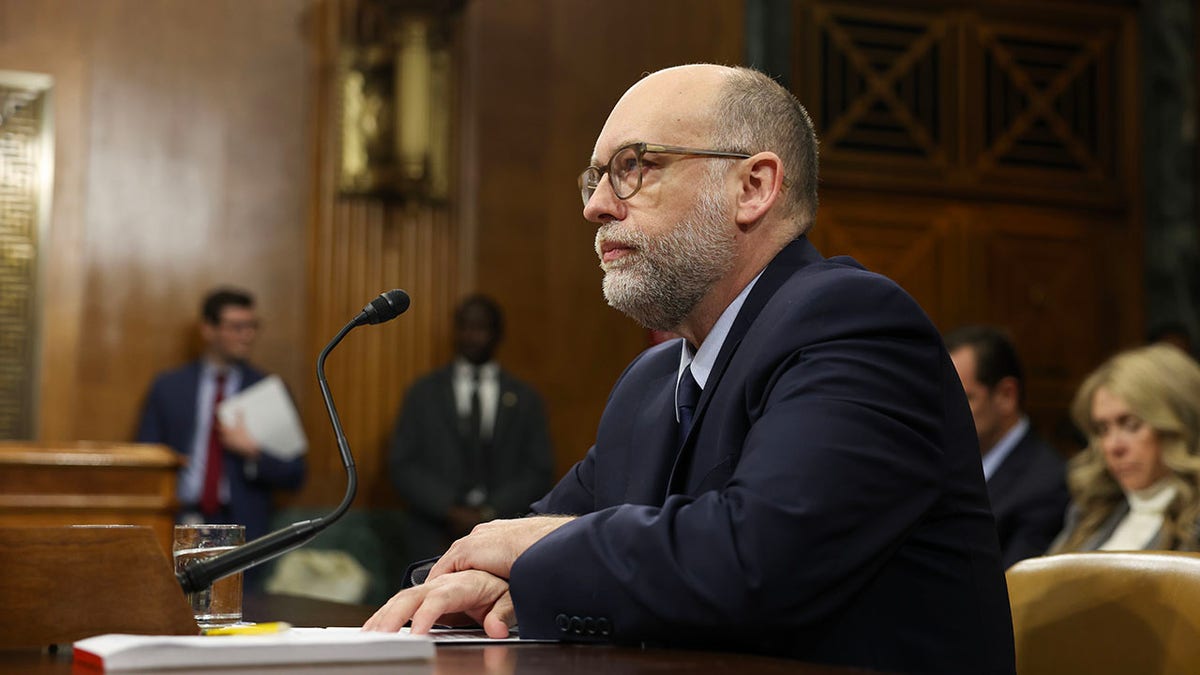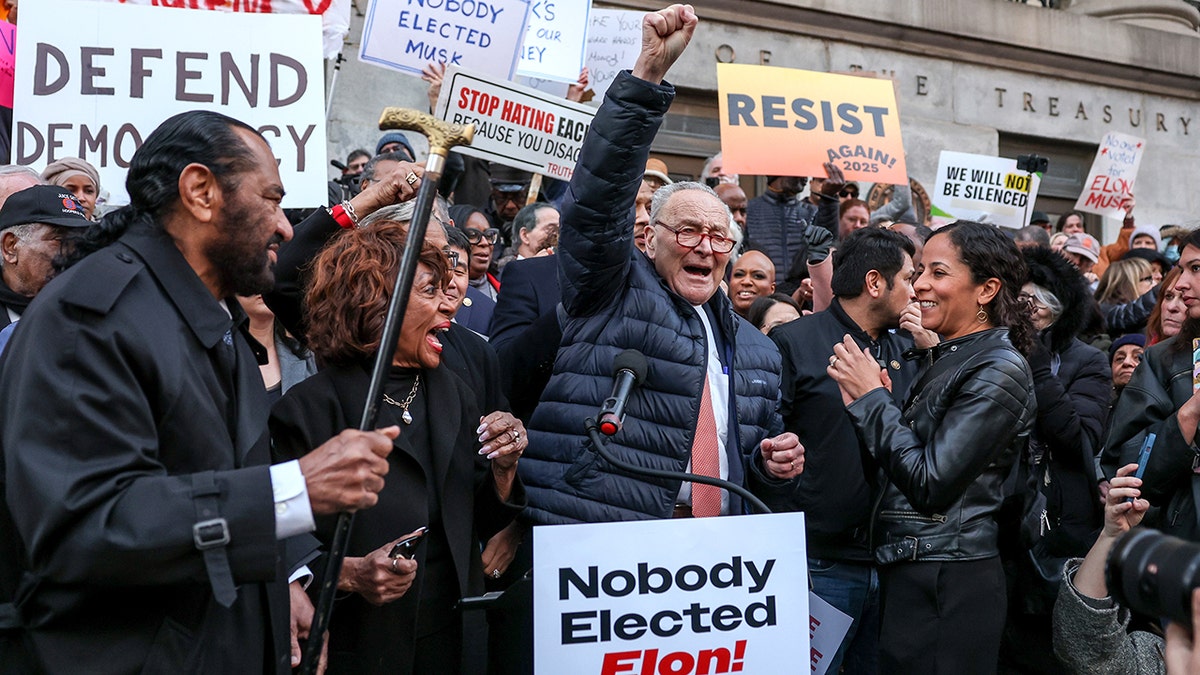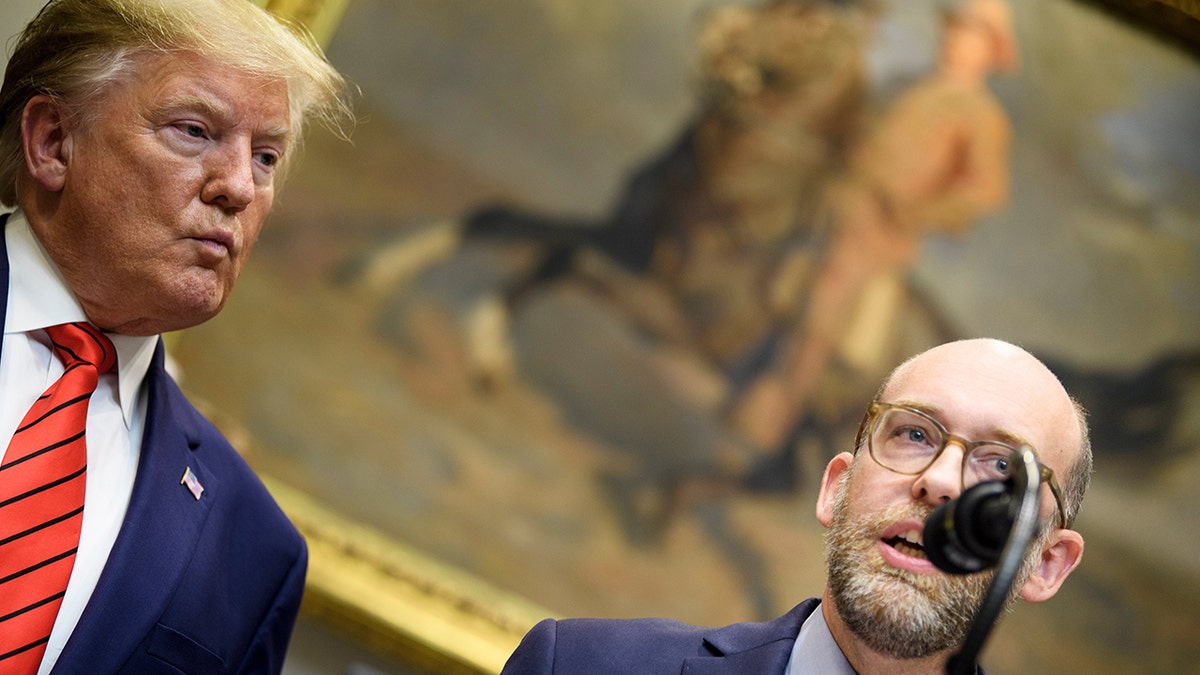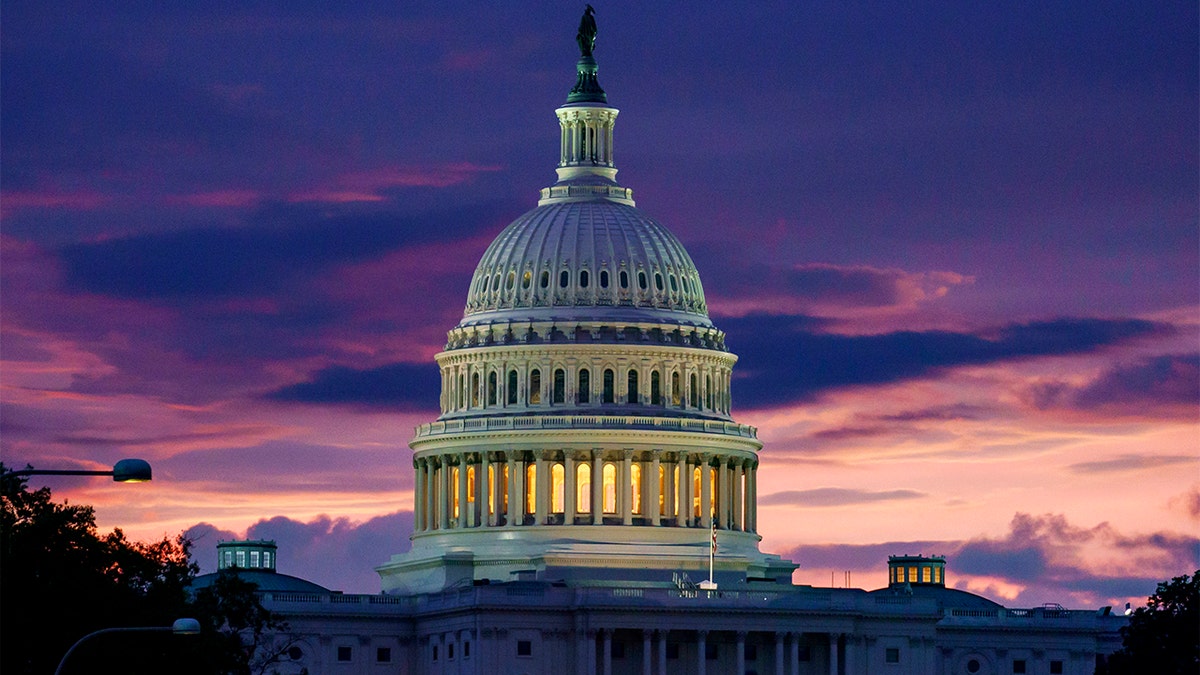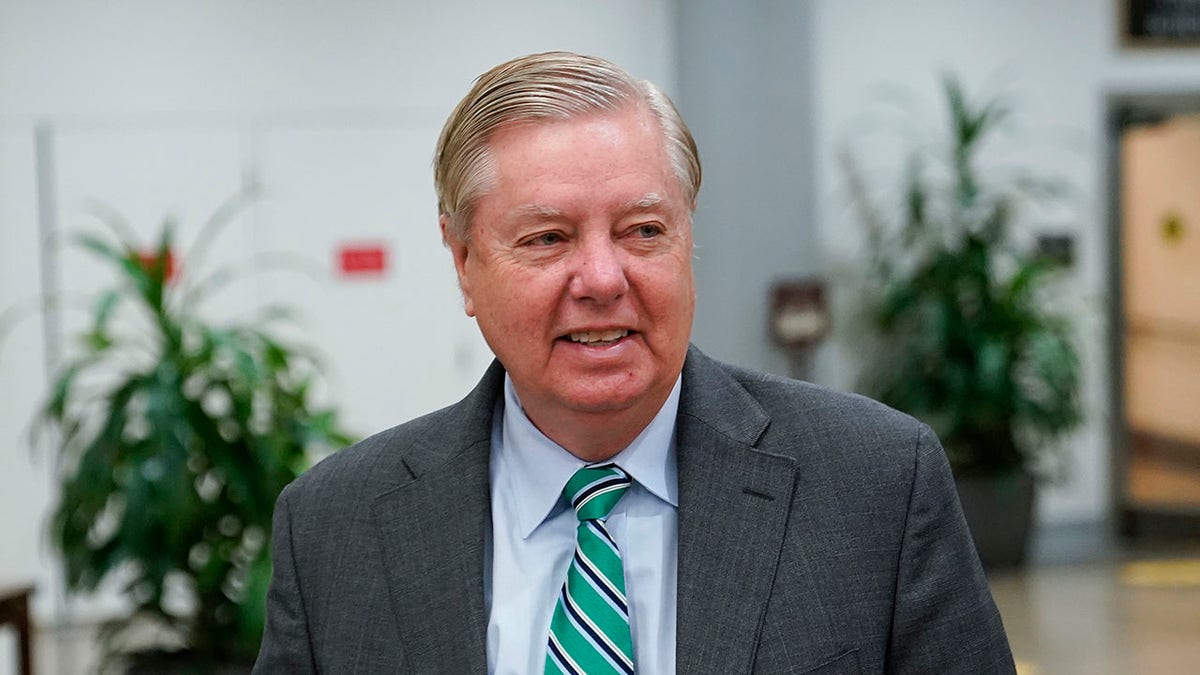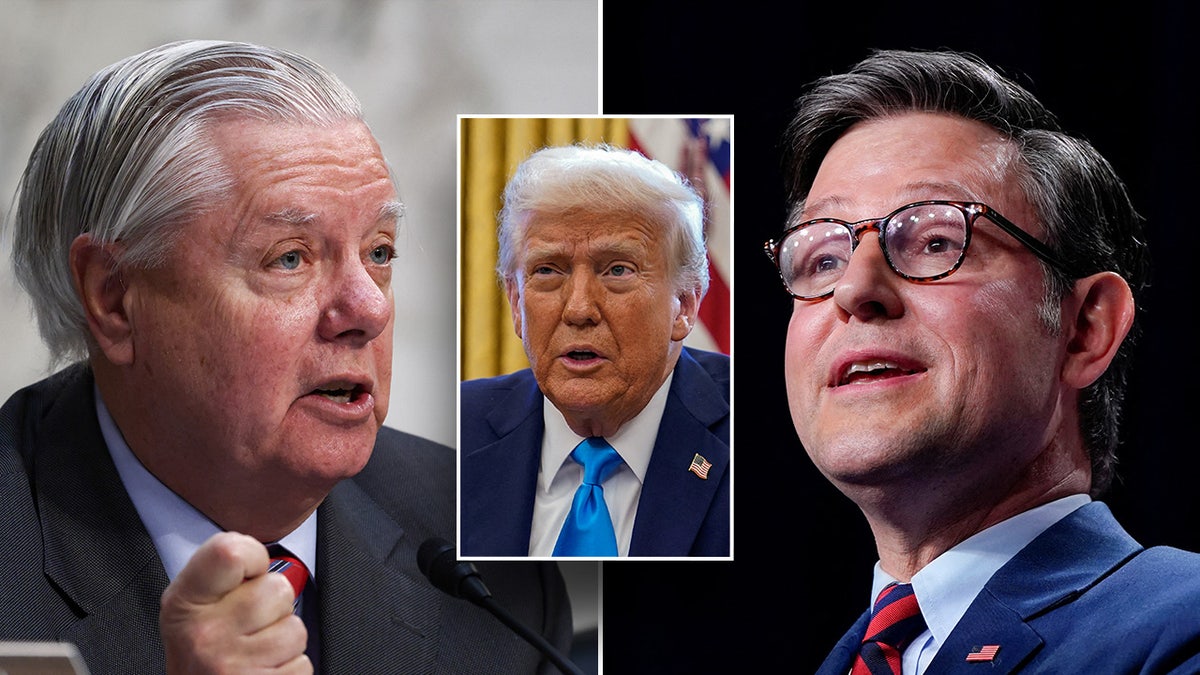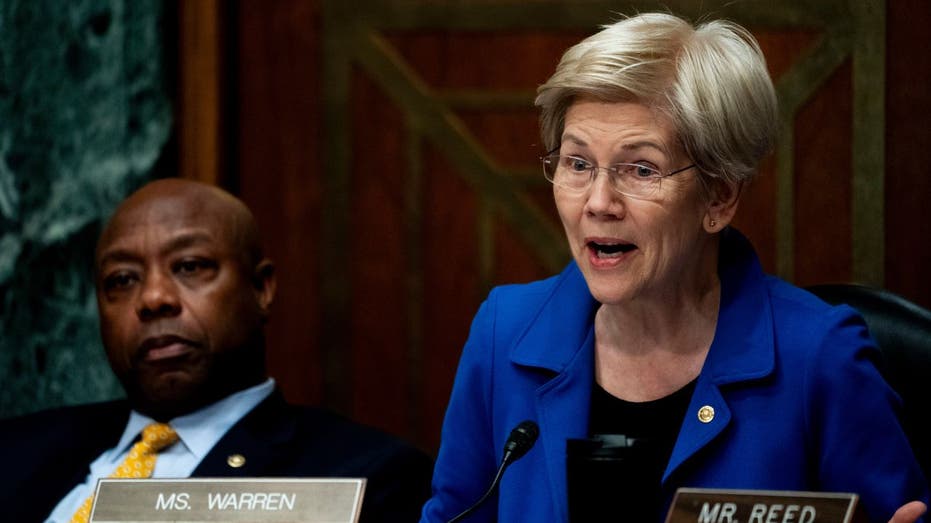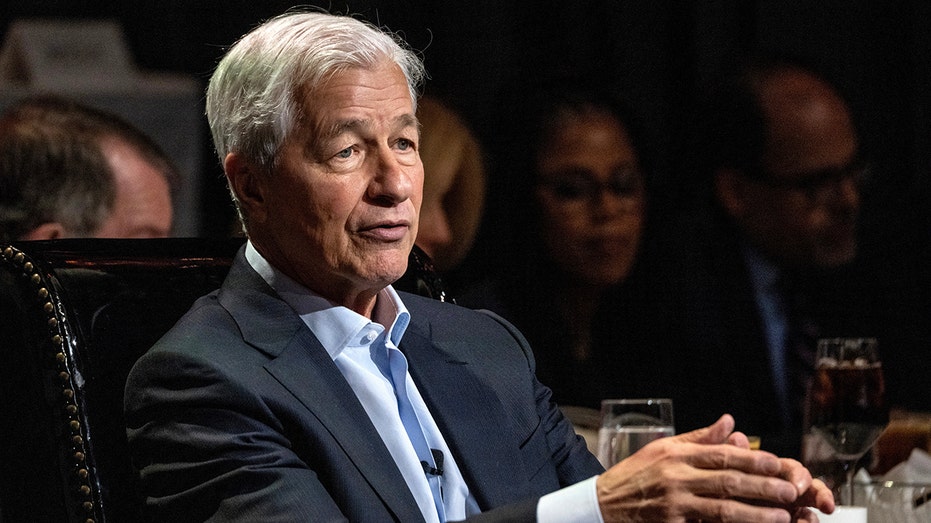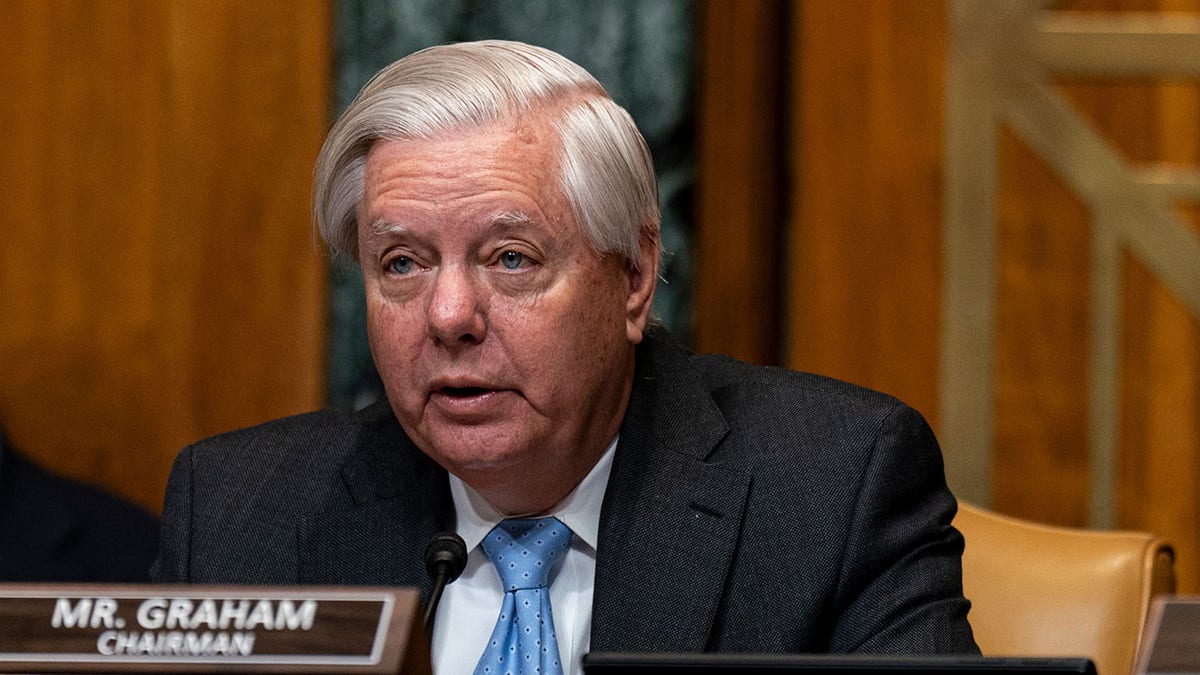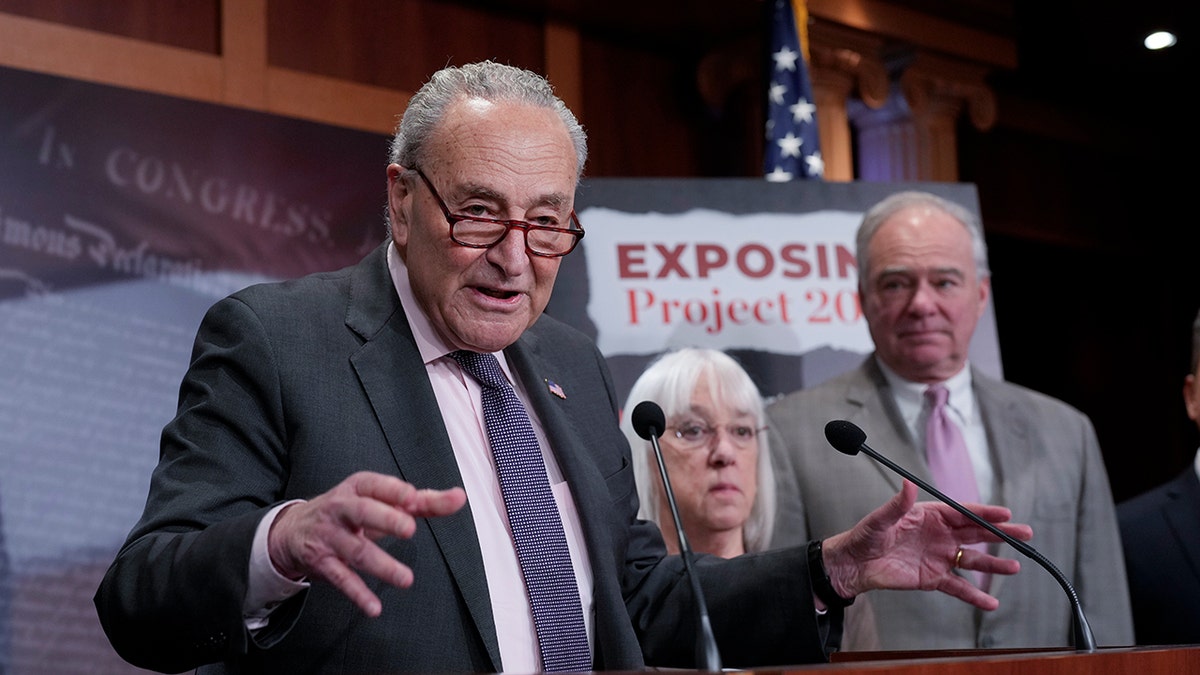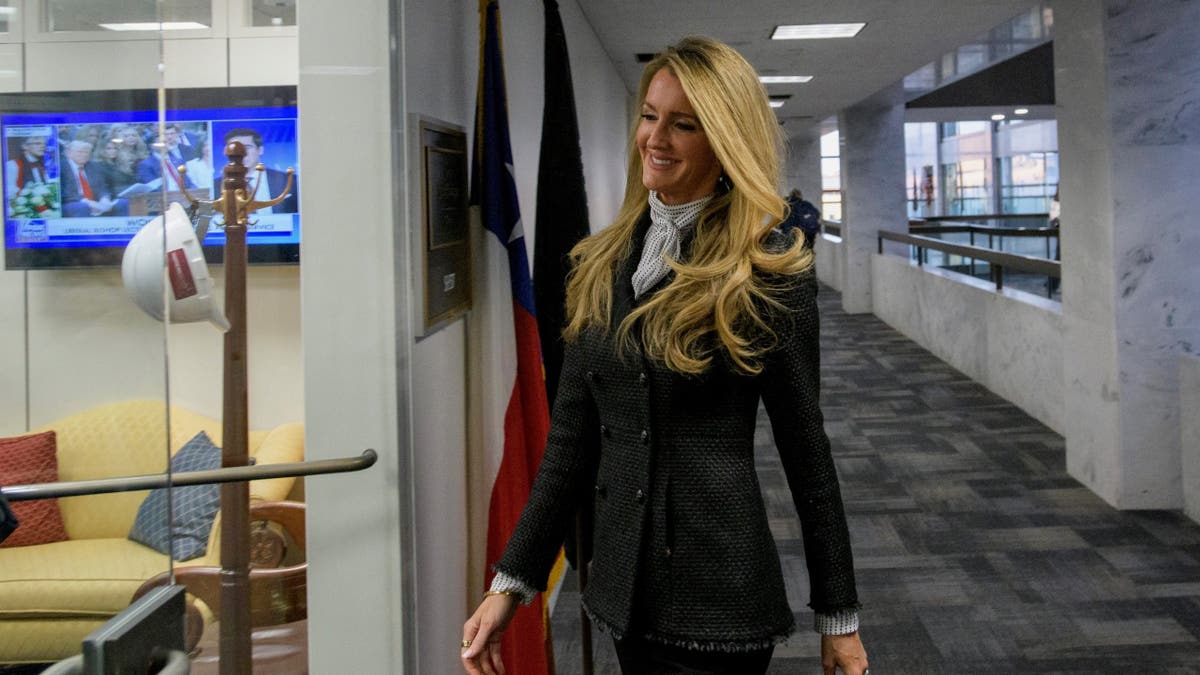As the Trump administration’s Department of Government Efficiency (DOGE) works to slash government waste, a bipartisan bill in Congress is aiming to bring the federal government’s computer systems “out of the Stone Age.”
The bipartisan Strengthening Agency Management And Oversight Of Software Assets (SAMOSA) Act passed the House in December, and Sen. Joni Ernset, R-Iowa, is leading efforts to get it passed in the upper chamber.
Ernst, the chair of the Senate DOGE Caucus, said the SAMOSA Act will “bring Washington out of the Stone Age and into the 21st century.”
Fox News Digital is told the bill could potentially save $750 million annually for taxpayers by consolidating federal agencies’ cloud computing software licenses. A source close to the proposal said “fixing federal IT procurement will be a key part of her sweeping efforts as chair of the Senate DOGE Caucus to downsize government and eliminate more than $2 trillion in waste.”
TRUMP ANNOUNCES EXECUTIVE ORDER CREATING TASK FORCE TO ‘ERADICATE ANTI-CHRISTIAN BIAS’
Sen. Joni Ernst, R-Iowa, introduces Tulsi Gabbard, President Donald Trump’s nominee to be director of National Intelligence, during a Senate Intelligence Committee confirmation hearing in Washington, D.C., on Thursday, Jan. 30, 2025. ( Daniel Heuer/Bloomberg via Getty Images)
“If the government allowed meaningful competition in bidding for software, taxpayers could save up to $750 million a year,” Ernst said in a statement to Fox News Digital. “Let’s pass my bill to force federal agencies to take commonsense steps when purchasing software, instead of throwing away taxpayer dollars like monopoly money.”
The legislative proposal has the support of industry groups.
“The SAMOSA Act is a vital step toward modernizing the federal IT infrastructure, ensuring fair software licensing practices in its procurement and saving money for taxpayers,” Ryan Triplette, Executive Director of the Coalition for Fair Software Licensing, said in a statement to Fox News Digital. “There aren’t many areas in Congress where we see bipartisan support, but ensuring our IT infrastructure is as efficient, secure and cost-effective as possible is one of them. The Coalition for Fair Software Licensing will continue working with partners in Congress to get the SAMOSA Act across the finish line and signed into law.”
The bill gives the Chief Information Officer of every government agency no more than 18 months to organize a “comprehensive assessment” of the software paid for or deployed throughout the agency. The review should include an inventory of all the current software, identify contracts for the use of the software and their expiration dates and list additional fees or costs, including fees or costs for the use of cloud services, not included in the initial costs of the contract. The review should then give each agency the information necessary to “consolidate software entitlements of each agency,” reduce unnecessary costs and “develop criteria and procedures for how the agency will adopt cost-effective acquisition strategies.”

Elon Musk arrives for the inauguration of U.S. President-elect Donald Trump in the U.S. Capitol Rotunda on Jan. 20, 2025 in Washington, D.C. (Kenny Holston-Pool/Getty Images)
On the House side, the SAMOSA Act was introduced by Rep. Matt Cartwright, D-Pa., and co-sponsored by a bipartisan group of 20 members of Congress.
Ernst penned a letter in November to Elon Musk and Vivek Ramaswamy (who has since exited DOGE while reportedly weighing a potential Ohio gubernatorial bid), outlining “a trillion dollars’ worth of ideas for trimming the fat and reducing red ink.”
WHITE HOUSE CALLS DEMOCRAT CRITICISM OF DOGE ‘UNACCEPTABLE’ AND ‘INCREDIBLY ALARMING’
Among the options, Ernst said “consolidating agencies’ cloud computing software licenses could save $750 million every year.”
She cited a study by Michael Garland, a software and government procurement industry expert, that found Microsoft and Oracle, the world’s two largest software companies, received 25% to 30% of their contracts “without meaningful competition.”
Citing one example of “vendor-lock,” the study found the government spent $112 million more to buy Microsoft Office than Google Workspace “in order to avoid perceived costs to switch.”
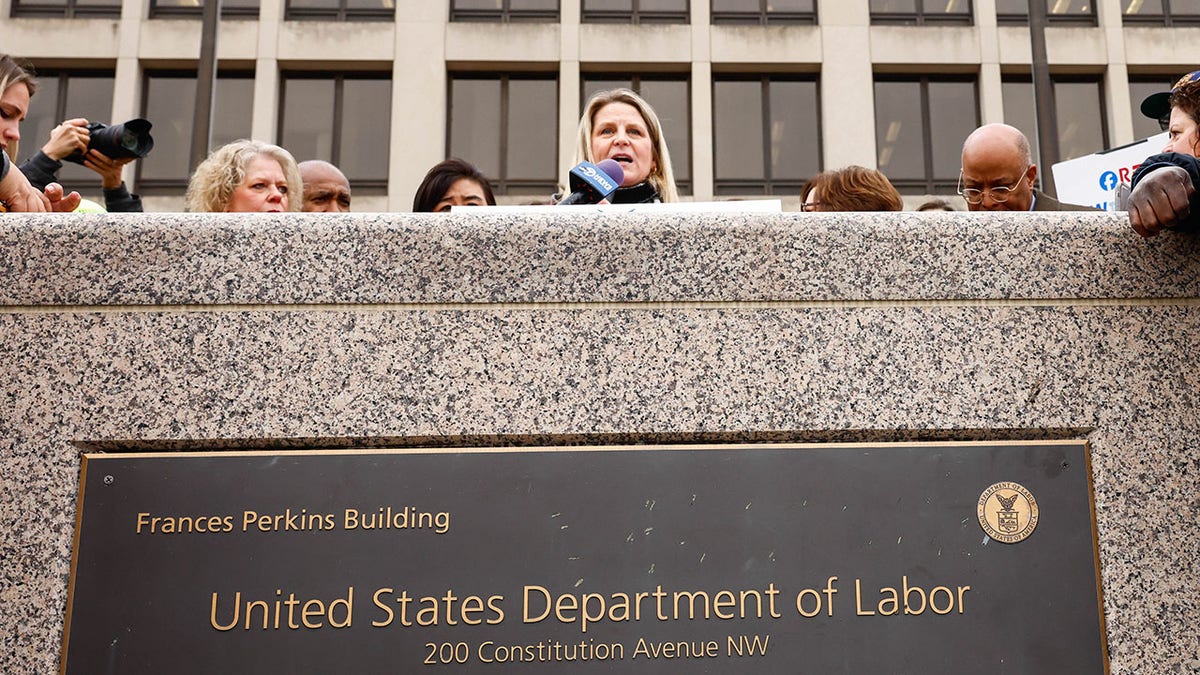
AFL-CIO President Liz Shuler speaks at a rally against the Department of Government Efficiency (DOGE) outside the U.S. Department of Labor (DOL on Feb. 5, 2025 in Washington, D.C. (Kena Betancur/VIEWpress)
“A five percent improvement in price performance, due to enhanced software competition, could produce savings up to $750 million annually,” the report said.
It also described how the U.S government spent almost $2 trillion on Information Technology (IT) since 1994, and about $300 billion of that expenditure has been on commercial off-the-shelf (COTS) software.
“On an annual basis, the government collectively spends $10 to $15 billion on new software and for the maintenance and support of previously purchased software. Unfortunately, the majority of the COTS software spend has been destined for only a limited set of software companies who have managed to create a largely vendor-locked COTS software estate,” Garland wrote. “Until now, the government has had little visibility into how resoundingly its incumbent software estate has been captured by so few. As a result, an oligarchy of software companies has been free to use fear, uncertainty, and sometimes questionable business practices to make authentic competitions against incumbent software applications relatively rare.”
Ernst’s letter also pointed to how the U.S. Government Accountability Office (GAO) identified 10 critical federal IT legacy systems – or systems that are outdated or obsolete – that were most in need of modernization in 2019. The legacy systems were said to provide “vital support to agencies’ missions” but ranged from about eight to 51 years old and “collectively cost about $337 million annually to operate and maintain.”
Several of the systems used older languages, such as Common Business Oriented Language (COBOL).
CLICK HERE TO GET THE FOX NEWS APP
“The government runs on ancient computers & software. Needs an upgrade!” Musk wrote on X in November.


